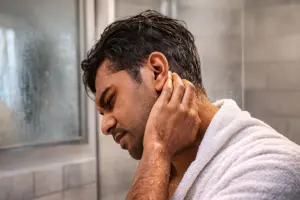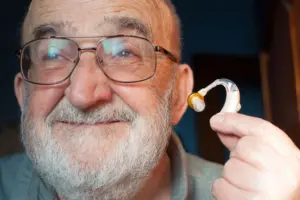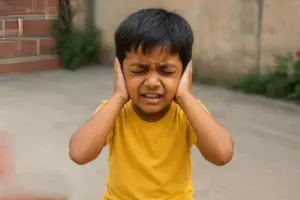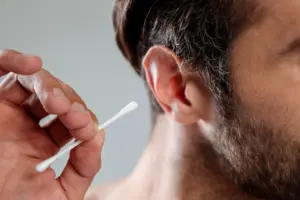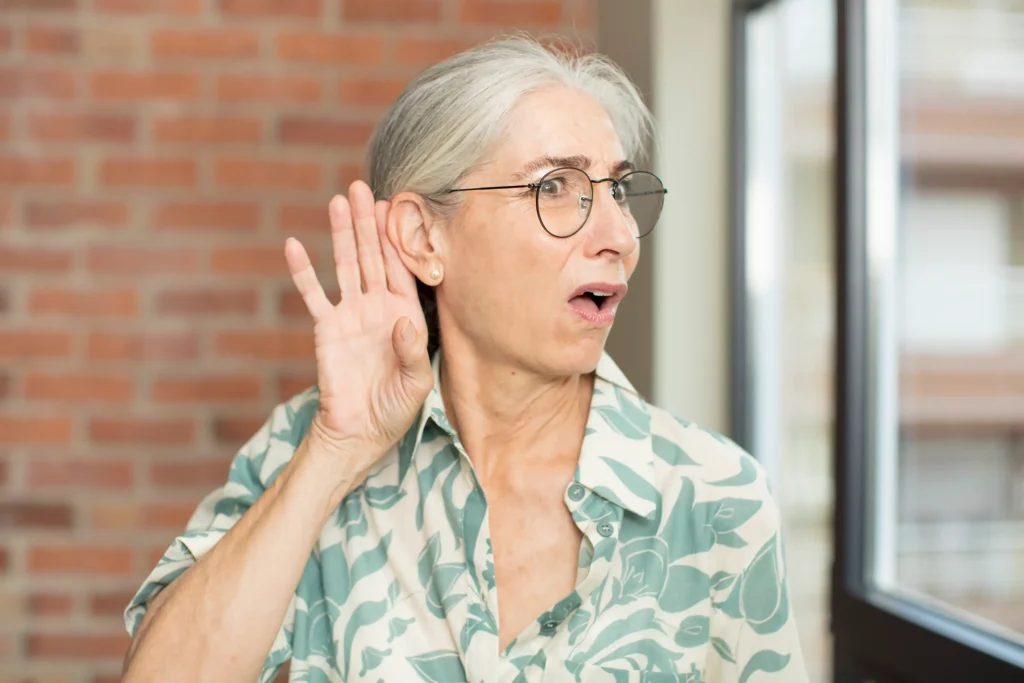
Hearing loss: As you grow older, many changes happen in your body. As you age, your skin develops wrinkles, your joints stiffen, and your energy levels may decrease; however, one aspect often overlooked is hearing loss. Yes, hearing problems are a natural part of ageing, and you’re not alone if you have found yourself asking people to repeat things or turning up the volume because you can’t hear.
Why does hearing get worse as you age?
Presbycusis is the medical term for the gradual and progressive decline in hearing that occurs with ageing. Over time, damage may occur to tiny hair cells responsible for picking up sound vibrations and sending them to your brain. Just like memory and your muscles can slow down with age, your auditory nerves can become weaker, too.
Also Read | Struggling with ringing in the ears? Tips to ease tinnitus
What does age-related hearing loss look like?
Hearing loss doesn’t always mean total silence; it can begin gradually and be easy to miss. Sounds may start to feel muffled, or people may seem to be mumbling, even when they’re speaking clearly.
You might find yourself:
- Saying “what?” more often
- Struggling to follow conversations in groups or noisy settings
- Turning the TV or radio up louder than others prefer
- Avoiding phone calls or social events because it’s too hard to keep up
These subtle signs are easy to dismiss, but they could point to early hearing loss. Identifying them early can make a big difference in getting the support you need.
Does hearing loss only happen to old people?
Not always; some people start noticing hearing issues in their 40s or 50s, too. Others might not experience much hearing loss until their 70s. Factors like genetics, long-term exposure to loud noise, and certain health conditions can all contribute to the earlier onset of hearing issues.
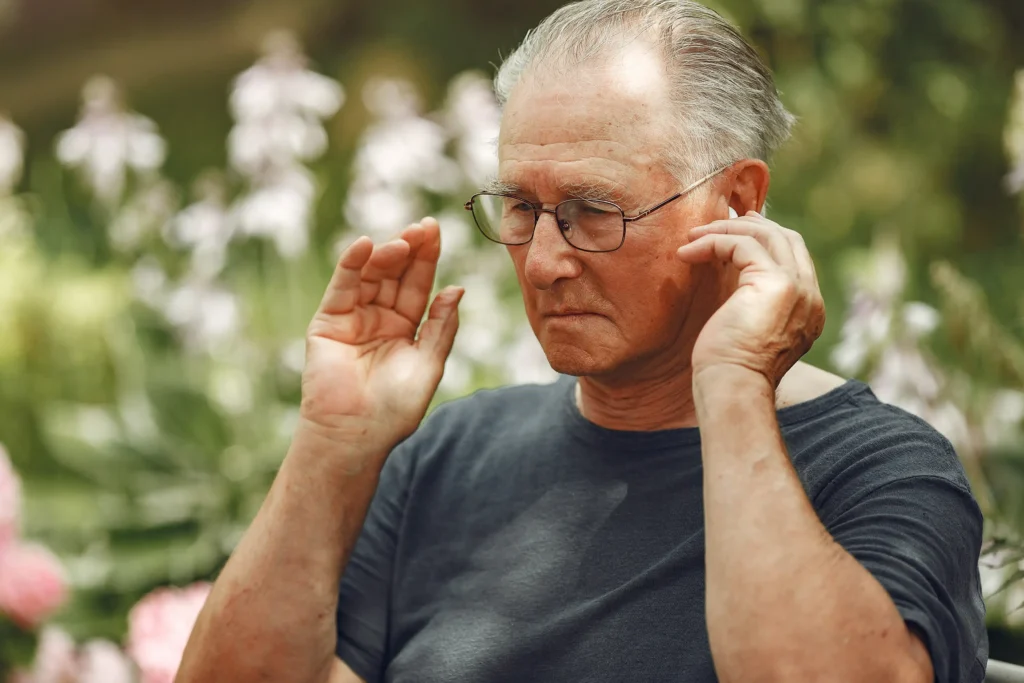
What can you do if you have hearing issues?
Start by seeing an audiologist or an ENT doctor. A simple hearing test can tell you how much hearing loss you have and of what kind. Today’s hearing aids are smarter, smaller, and more discreet than ever. Some fit behind the ear, others go deep inside the canal, and many connect to your phone via Bluetooth. They’re designed not just to make things louder but to help you understand speech clearly while reducing background noise.
Also Read | One jab could reverse hearing loss: Scientists report stunning results
Hearing loss may be common with age, but you can take steps to protect your ears. Avoid loud noises or wear earplugs and noise-cancelling headphones. It’s also important to keep your ears clean and dry, but never insert cotton swabs deeply. Use hearing devices if needed. The right support can help you stay connected, confident, and independent.





